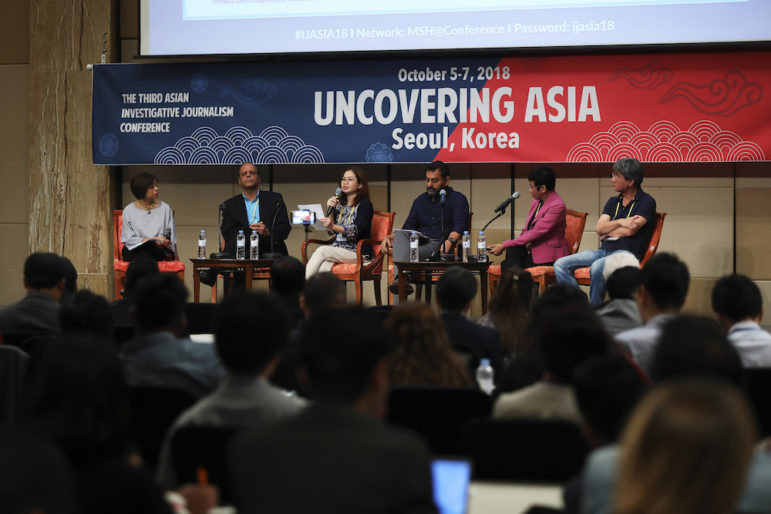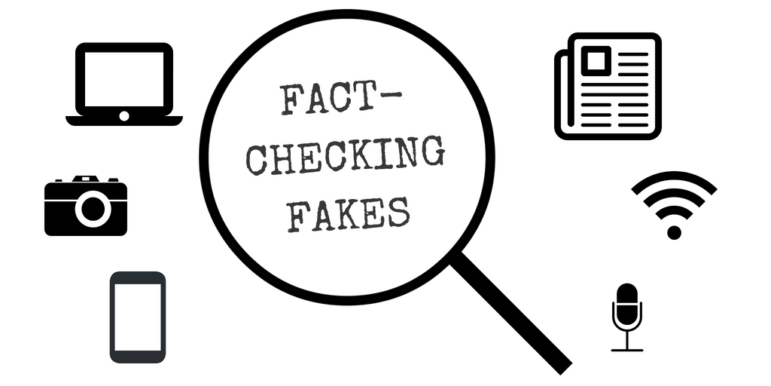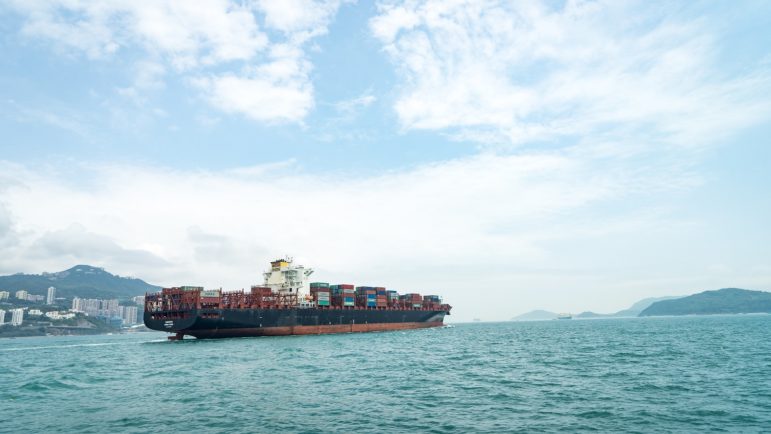
Asia’s Muckrakers: Under Threat, But Fighting Back
Nearly 440 investigative and data journalists from across Asia convened in Seoul, South Korea this morning — the largest ever gathering of investigative journalists in the region. The conference kicked off with discussions about how the profession is under threat in the region.








